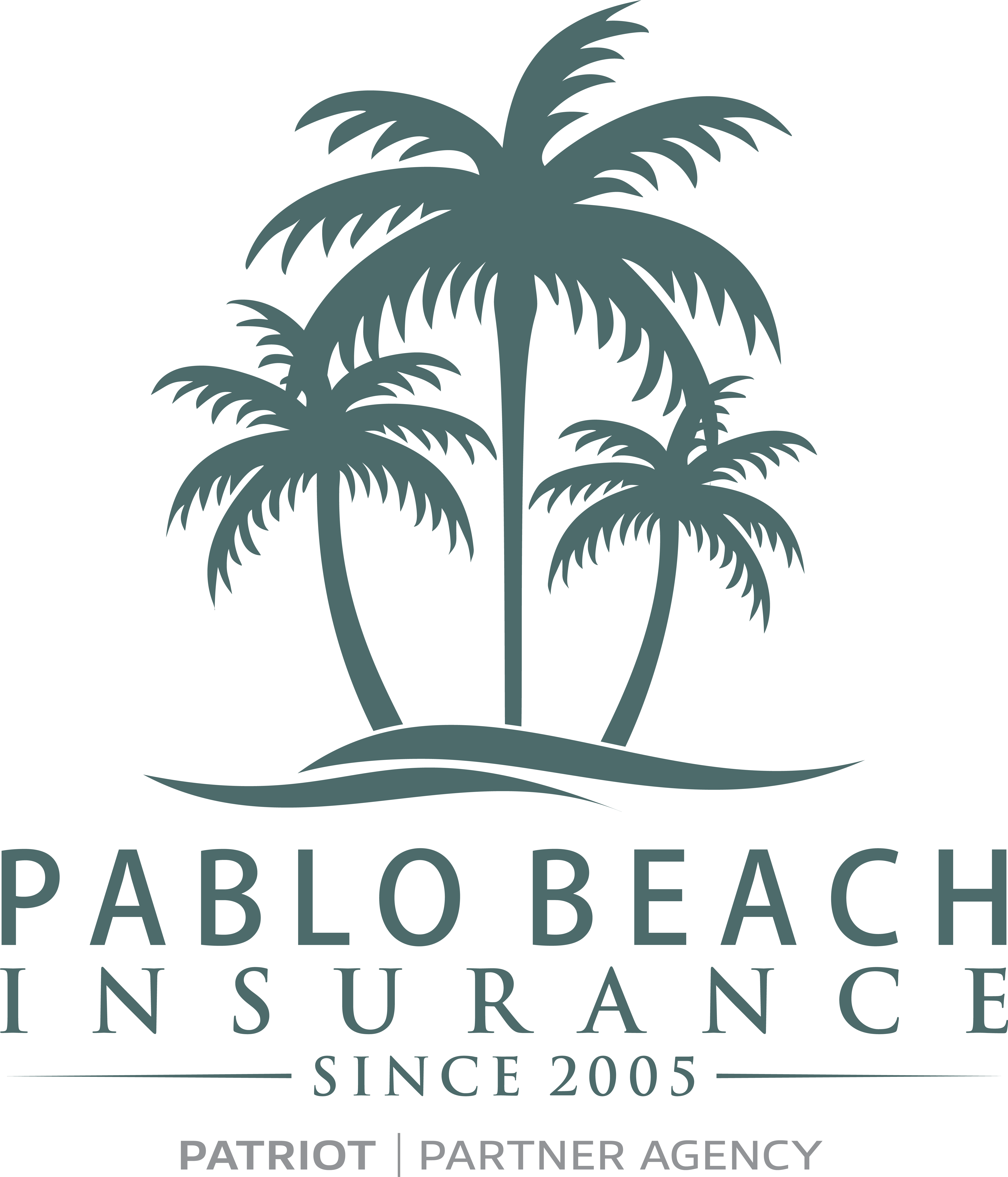 Lenders find it necessary for you to pay your homeowner’s insurance at closing especially when mortgage financing is also involved. The lender may subsequently require you to secure and prepay within its recommended minimum standards for them to cover you. Different loans come with different closing amounts. Most homeowner’s insurance policies cover the first year of ownership where you pay premiums upfront or out of escrow or at closing among other settlement fees.
Lenders find it necessary for you to pay your homeowner’s insurance at closing especially when mortgage financing is also involved. The lender may subsequently require you to secure and prepay within its recommended minimum standards for them to cover you. Different loans come with different closing amounts. Most homeowner’s insurance policies cover the first year of ownership where you pay premiums upfront or out of escrow or at closing among other settlement fees.
THE BASICS
The relevance of homeowner’s insurance only comes in when both the borrower and lender interests require protection. The average annual premium in Florida as of 2014 was $770 – $800. Most insurance companies cover clients when particular events happened. Minimally, lenders expect a standardized policy covers rebuilding costs and replacement of main components. It is the choice of the homeowners to add to their coverage for events such as hurricanes or flood (which requires an additional policy). These additional coverages significantly increase any premium in most parts of Florida.
UPFRONT PAYMENT
CLOSING
CONSIDERATIONS
It is important to take note there are particular insurance costs only paid at closure. Loans involving at most 20 percent down payment, require the lender to escrow, sometimes impound on property taxes as well as homeowner’s insurance. Therefore, the lender has the benefit of determining the period for paying your premiums to establish escrow impound reserves by the time you reach closure. These reserves could be used to pay your insurance provider in case you miss some of your payments. Most lenders are careful to prorate your premium on the closing month. The disadvantage, however, is it may increase your monthly premium payments on the closing costs. Buying a home is very exciting, but before you start getting ideas about a homeowner’s policy, understand its advantages and disadvantages and don’t go it alone. Make sure you contact an agent to discuss all the options and intricacies of the policies.
—————————————————————-
Locally Owned, Casual Approach, Professional Results
Pablo Beach Insurance Group has been proudly serving our local communities since 2005. While we are serious about providing the right insurance coverages to protect what matters most to you, we still embody the Florida lifestyle.

